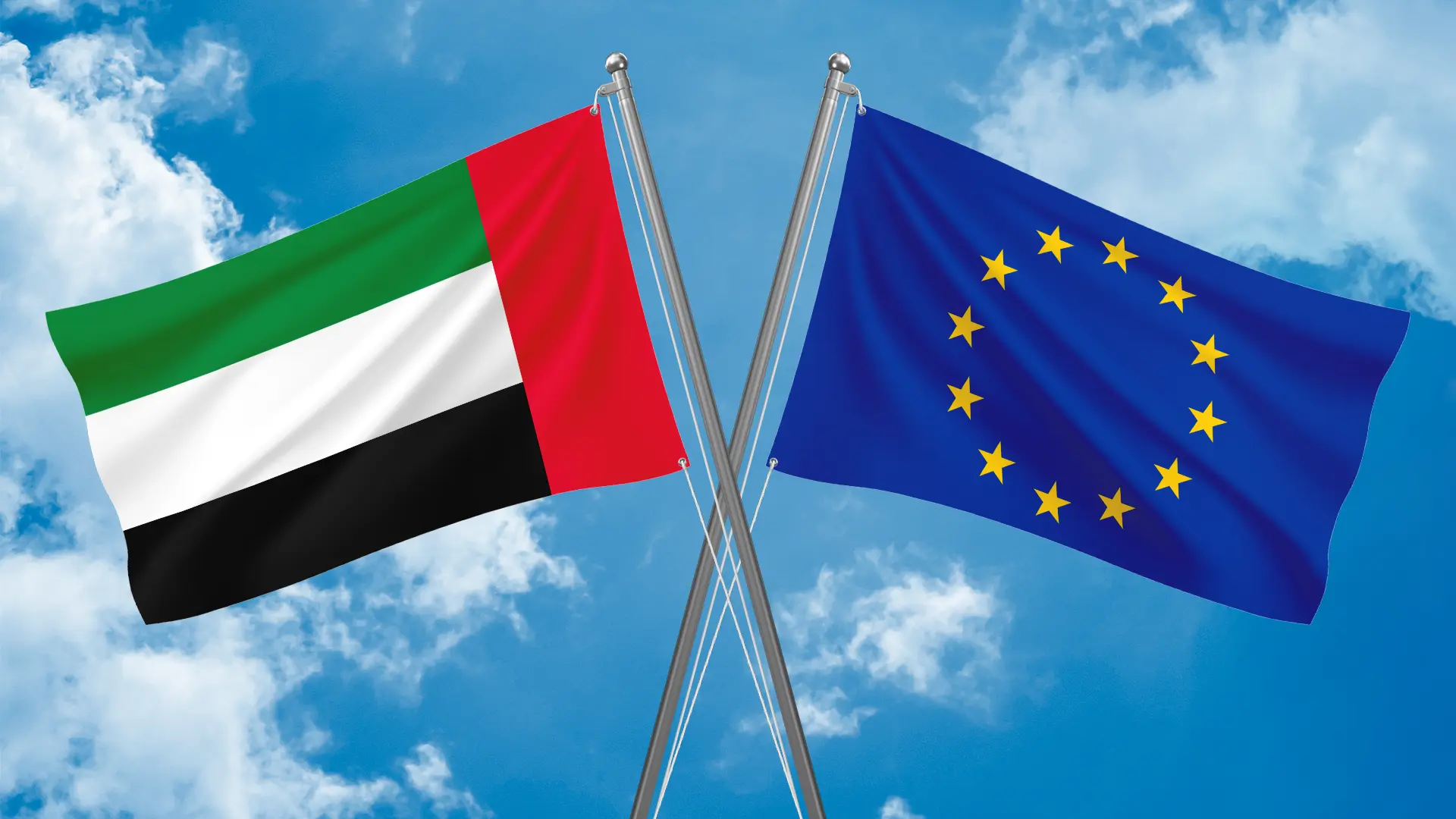Europe’s quiet financial revolution: cash limits, digital currency, and the future of privacy
Europe is tightening large cash-payment rules and exploring a digital euro, signaling a shift toward a more transparent, digitally controlled financial system. While fears of “programmable money” are exaggerated, the changes do raise long-term questions about privacy and state oversight. The UAE shows how digital innovation can advance quickly without sacrificing autonomy.


A claim has been circulating across social media with the intensity of a warning siren: Europe has “killed financial privacy,” cash payments above €10,000 will soon be illegal, and in a few years “every euro” will become programmable, traceable, and fully controlled. The language is dramatic, the numbers oddly precise, and the underlying message unmistakable: Europe is moving toward a centrally managed monetary system in which anonymity, autonomy, and private financial life will slowly disappear.
The reality is far more nuanced, though no less consequential.
At the center of the controversy is a series of regulatory and technological shifts quietly reshaping the European financial landscape. One is the European Union’s decision to impose a €10,000 limit on certain cash payments. Another is the eurozone’s ongoing effort to create a digital version of its currency, potentially one of the most far-reaching monetary innovations in decades.
Together, these measures reflect a profound political and economic reorientation: a move away from the opacity of physical cash and toward a system where money is increasingly networked, monitored, and, in some scenarios, controllable at the source.
The claim that “cash above €10,000 becomes illegal in 847 days” is misleading. Under the EU’s new anti-money-laundering framework, which is expected to take effect in 2027, business-related transactions in cash will face a cap of €10,000. That change affects retail and commercial environments, not private individuals holding money in their homes or exchanging it among themselves. Owning more than €10,000 in cash will not be a crime, and the rules do not abolish cash, although they unmistakably push it to the periphery of the modern economy.
Still, the symbolic shift is hard to ignore. Cash has long occupied a special place in European life. In countries like Germany and Austria, it represents independence and discretion, an economic privacy rooted as much in culture as in finance. The gradual tightening of rules around large-value cash transactions signals a political belief increasingly common across Western governments that anonymity in financial dealings is no longer compatible with modern law enforcement, tax policy, or security needs.
If the new cash limits are a clear move toward transparency, the digital euro is an exponentially more transformative one. For years, the European Central Bank has studied the feasibility of issuing a central bank digital currency. The project is not yet finalized, nor is its launch guaranteed, but the broad contours are visible. A digital euro would function as a state-backed electronic form of cash, issued not by commercial banks but directly by the Eurosystem. In theory, it would coexist with physical banknotes and coins, not replace them.
European officials insist the digital euro will not be “programmable money”, a term that evokes nightmarish futures of government-imposed spending restrictions or expiration dates. They also emphasize the commitment to privacy, though they concede that full anonymity, such as the kind offered by physical cash, is impossible in a digital environment. What remains absent from official assurances is an acknowledgment of the long-term political implications. Whatever policymakers promise today can be reinterpreted by future governments with different priorities and more ambitious ideas of financial control.
Critics argue that such a system could make state intervention in personal finances easier than ever before. Supporters counter that digital currency would strengthen payment security, protect monetary sovereignty against private-sector alternatives, and modernize Europe’s economic infrastructure. Both perspectives contain truth. What is undeniable is that the technological architecture being built today will outlive the political leaders designing it and will be capable of much more than its creators currently admit publicly.
This is the deeper reason why the viral online warnings resonate. Even if the timelines and dramatic proclamations are inaccurate, people sense that Europe is undergoing a fundamental shift. Cash is losing ground.
In the end, Europe is not preparing to criminalize the possession of banknotes, nor is it on the brink of forcing citizens into a single, government-managed wallet. What is taking shape instead is an ambitious attempt to modernize a complex financial system for a digital era, one that demands both transparency and innovation. The regulatory reforms now underway reflect Europe’s effort to catch up with the realities of a fast-evolving global economy, where illicit finance moves with unprecedented speed and traditional oversight mechanisms strain to keep pace.
If the digital euro ultimately becomes a reality, it could strengthen the resilience of Europe’s payment architecture, offer a state-backed alternative to private digital currencies, and broaden access to secure electronic money. But whether it succeeds will depend on something Europe has not always embraced quickly: the willingness to innovate boldly, to build with efficiency in mind, and to adopt regulatory structures that empower rather than restrict.
In this respect, Europe has an example worth studying closely. The United Arab Emirates has emerged as one of the world’s most agile and forward-thinking jurisdictions when it comes to digital currency, blockchain integration, and financial technology. Through clear regulatory frameworks, rapid adoption of digital infrastructure, and a pragmatic approach that balances oversight with opportunity, the UAE has positioned itself as a global leader in the future of money. Its model demonstrates that digital transformation does not require sacrificing privacy or autonomy; it requires designing systems that are technologically sophisticated, commercially competitive, and aligned with long-term economic strategy.
As Europe continues its march toward a digital future, it would do well to look toward the kind of innovation-driven leadership now visible in the UAE. The years ahead offer not only risks, but also an extraordinary opportunity: to build a financial ecosystem that is modern, secure, inclusive, and globally competitive. The challenge, and the promise, lies in ensuring that this transformation enhances the lives of Europeans as effectively as the UAE has demonstrated is possible.
Contact us for a free consultation
Get expert advice and tailored solutions from industry leaders.


